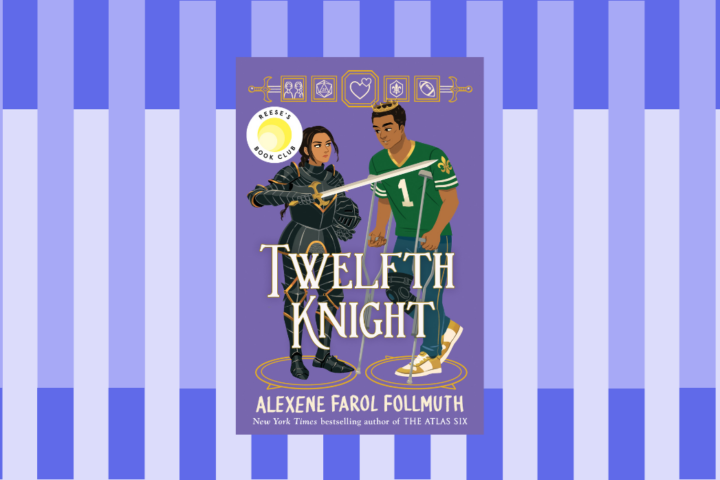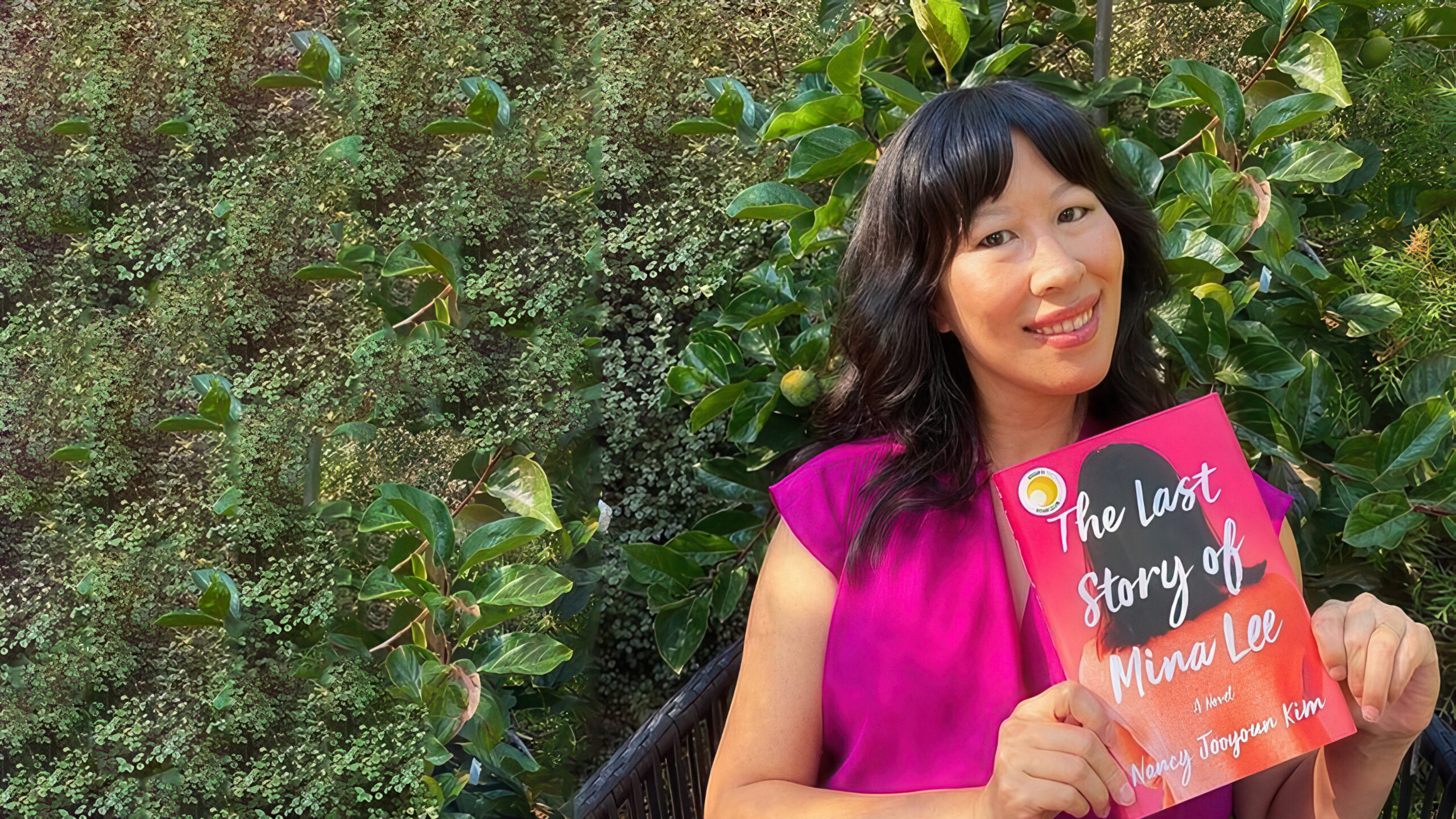Dear Reader,
It was never my intention to write a second young adult rom-com after my first, My Mechanical Romance, because as someone primarily focused on the adult speculative space under my pseudonym, Olivie Blake (and as someone who was probably/definitely getting an A in therapy), I’d already healed my inner child. What further need could I possibly have to probe any further into the realm of coming-of-age?
Well, except that the teenage protagonist of my first YA novel was very likable, almost diabolically so, whereas I, at her age… wasn’t. (I’ve been called Tracy Flick more than once in my life, so do with that what you will.) My Mechanical Romance’s Bel lacked not only my morbid cynicism and general disillusionment, but also—perhaps connectedly—my ambitions, my passions, and my rage.
As a teenager, I was what they call an “unlikable female character”—the kind of narrator that would prompt half of Goodreads to say, but why is she so mad? And yes, the answer was partly societal—after all, how many of us can instantly summon that low-boiling fury over being told to smile more, gritting niceties over and over through constant microaggressions that are highly gendered, and very often, identity-specific, too?—but it was also very personal. The difficulty I had constantly trying to prove my competency, the fatigue over always having to defend my hobbies and interests, all of that ultimately made me sharper-edged, unwilling to trust in the sincerity of others. For a significant portion of my life, I was unable to believe that my real self could ever be accepted, much less loved.
Then, as an adult watching the sociopolitical climate worsen—as I watched Christine Blasey Ford publicly relive the violence of her past with unshakable calm; as the #MeToo movement gave way to the comeback tour of “canceled” but unsilenceable men; as massive franchises attempted to diversify who belonged in their stories only to sacrifice their actors of color to the lawlessness of mob rule; as communities of fandom and gaming increasingly drove away marginalized creators—I started asking myself questions like who, then, is allowed to be angry? Who is allowed to become undignified when they find themselves attacked? I was fortunate to come of age when the internet was still unformed; the story was similar, but we coded our lives ourselves, in HTML. So what must it be like now, to have all that access—to be faced on an infinite scroll with all that seemingly unresolvable hatred—and still be subjected to the same old rules; still told, unequivocally, to smile?
It isn’t fair that some men can scream and still become Supreme Court Justice. Or that saying your life matters—not matters more, just matters—is something with which people feel they can argue. Or that a targeted stream of vitriol can drive you away from something you love. How can anyone come of age under those conditions? How can they accept who they are, much less open themselves to the trials and triumphs of love?
Of course, I say all this and then add, by the way, that this book is a rom-com. In Twelfth Knight, two nemeses with nothing in common fall head-over-heels in love, because of course they do. There are antics (obviously)—there is misunderstanding (classic)—there is buoyancy, silliness, and wit (I promise)—there is Comic-Con, fantasy media, and an unabashed framework of gaming tropes (for fun!). But beneath the banter and the Shakespeare and the comedy of errors that ensues, I hope you will also find that there is reassurance, maybe even a promise, whether you’re coming of age or not: that your anger is righteous and just. That the endurance with which you face the world is admirable. That your vulnerability, your longing to be wanted just as you are, is worthy. The landing for this love story is a soft one, and I did that not to lie to you, but because even with all the impossibility and the anger, it still felt the most honest.
Because sometimes, in spite of everything, we find a way together to make the happy endings true.
xx Alexene



